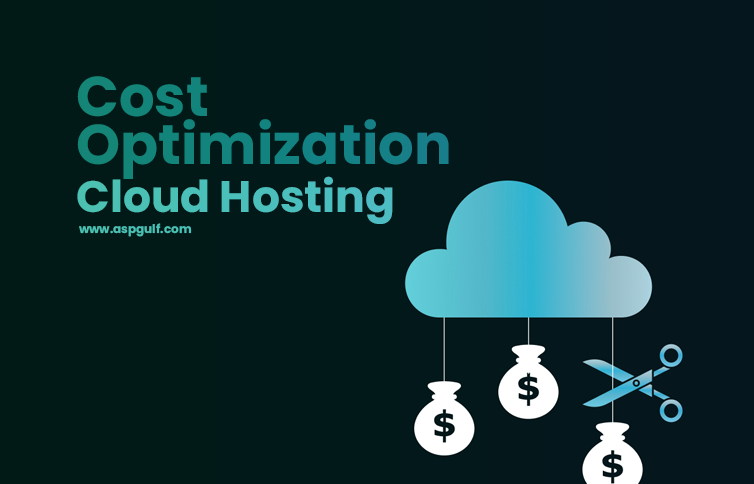Odoo is a popular open-source business management software that offers a range of applications for various business needs, including CRM, accounting, inventory management, and more. Many businesses opt for Odoo Cloud Hosting to leverage its flexibility, scalability, and convenience. However, optimizing cost-effectiveness while utilizing Odoo Cloud Hosting remains a priority for businesses, especially those operating on tight budgets. In this community case study, we explore how one organization managed to optimize cost-effectiveness in Odoo Cloud Hosting, benefiting from the collective wisdom and experiences within the Odoo community.
Background:
The organization in focus, a mid-sized retail company, sought to streamline its operations by implementing Odoo to manage inventory, sales, and customer relationships. While Odoo Cloud Hosting offered the desired flexibility and functionality, the company faced budget constraints and needed to find ways to optimize costs without compromising performance.
Challenges Faced:
- Budget Constraints: Limited financial resources necessitated a cost-effective hosting solution without sacrificing performance or reliability.
- Scalability: The company required a hosting solution that could scale seamlessly to accommodate future growth and increased demand for resources.
- Performance Optimization: Ensuring optimal performance of Odoo applications was crucial to support business operations efficiently and maintain user satisfaction.
Community Collaboration:
Recognizing the challenges ahead, the organization turned to the Odoo community for guidance and support. Leveraging the collective knowledge and experiences of community members, the organization explored various strategies to optimize cost-effectiveness in Odoo Cloud Hosting.
Strategies Implemented:
Resource Optimization: Through community discussions and forums, the organization identified opportunities to optimize resource utilization within the Odoo environment. This involved fine-tuning server configurations, optimizing database queries, and minimizing resource-intensive processes to reduce hosting costs.
Third-Party Integrations: Community members shared insights into leveraging third-party integrations and add-ons to enhance functionality while minimizing hosting expenses. By integrating complementary services for tasks such as backup, monitoring, and security, the organization was able to optimize costs without compromising on essential features.
Scalability Planning: Drawing from community best practices, the organization developed a scalable hosting strategy that aligned with its growth projections. This involved selecting a hosting provider that offered flexible pricing plans and easy scalability options to accommodate future expansion seamlessly.
Results and Outcomes:
By collaborating with the Odoo community and implementing cost optimization strategies, the organization achieved notable results:
- Cost Savings: The organization realized significant cost savings in hosting expenses without compromising performance or reliability.
- Improved Performance: Through performance optimization techniques shared by community members, the organization experienced enhanced system responsiveness and user satisfaction.
- Scalability: With a scalable hosting solution in place, the organization could easily accommodate growing business needs and scale resources up or down as required.
Conclusion:
By leveraging community insights, best practices, and cost optimization strategies, businesses can achieve significant cost savings while ensuring optimal performance and scalability of their Odoo applications. As businesses continue to navigate budget constraints and evolving technology landscapes, community collaboration remains a valuable resource for driving cost-effective solutions and maximizing the value of Odoo Cloud Hosting.











